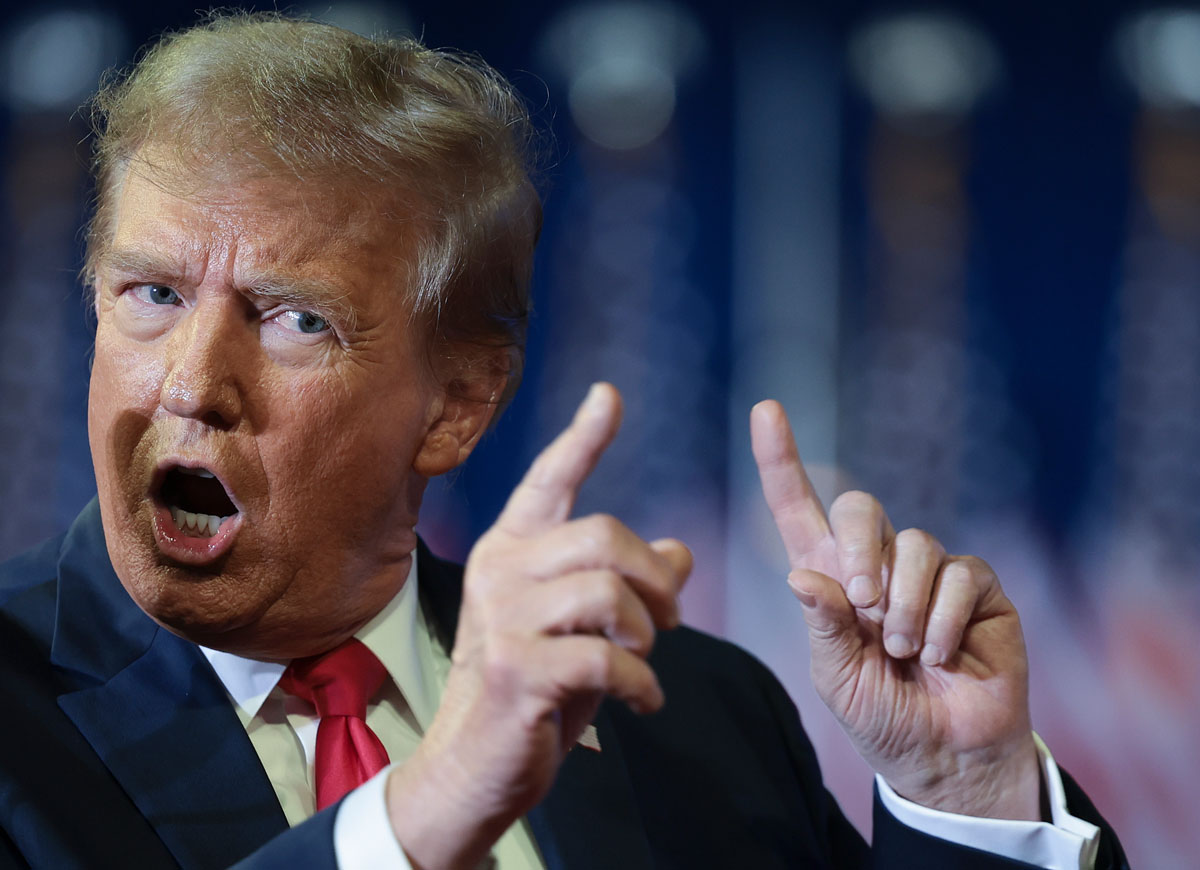South Dakota Gov. Kristi Noem Restricts TikTok Use Amid Concerns About National Security Threats
South Dakota Gov. Kristi Noem (R) has signed an executive order restriction the use of TikTok on government devices. She claimed the app, which is owned by a Chinese company, is part of “data gathering operations on behalf of” the Chinese government.
IN MEMORIAM 2022: 100 GREAT CELEBRITIES WHO DIED THIS YEAR!
“The Chinese Communist Party uses information that it gathers on TikTok to manipulate the American people, and they gather data off the devices that access the platform,” she said in a press release. “Because of our serious duty to protect the private data of South Dakota citizens, we must take this action immediately.”
The order alleged that TikTok poses a “growing national security threat,” which is a concern that’s been expressed by U.S. officials for the last several years.
An October report by Forbes revealed that the platform’s parent company, ByteDance, was planning to gather and utilize data about the location of American users without their knowledge or consent. The report said the company “was planning to use this location information to surveil individual American citizens, not to target ads.”
Noem urged other politicians to follow her lead in restricting TikTok in such capacities.
On Sunday, Rep. Mike Gallagher (R-Wisconsin) shared his concerns about the app as well, calling for even bigger crackdowns going as far as a nationwide ban.
“It’s digital fentanyl in the sense that it’s highly addictive,” he told Fox News host Laura Ingraham. “It’s therefore deadly…And like fentanyl, the precursors trace back to China.”
He claimed the Chinese Communist Party could “track your location” and “censor your news,” and expressed concern that TikTok’s parent company was weaponizing American politicians by “exploiting the loopholes in our lobbying laws.”
In 2020, President Joe Biden’s administration initiated a security review of certain foreign-owned apps including TikTok, citing concerns about user data. The results of the investigation have not been published yet.
“The Biden administration is committed to promoting an open, interoperable, reliable and secure Internet; protecting human rights online and offline; and supporting a vibrant, global digital community,” the administration wrote. “Certain countries, including the People’s Republic of China, do not share these values and seek to leverage digital technologies and Americans’ data in ways that present unacceptable national security risks while advancing authoritarian controls and interests.”
RELATED ARTICLES
Get the most-revealing celebrity conversations with the uInterview podcast!




 by
by 



Leave a comment